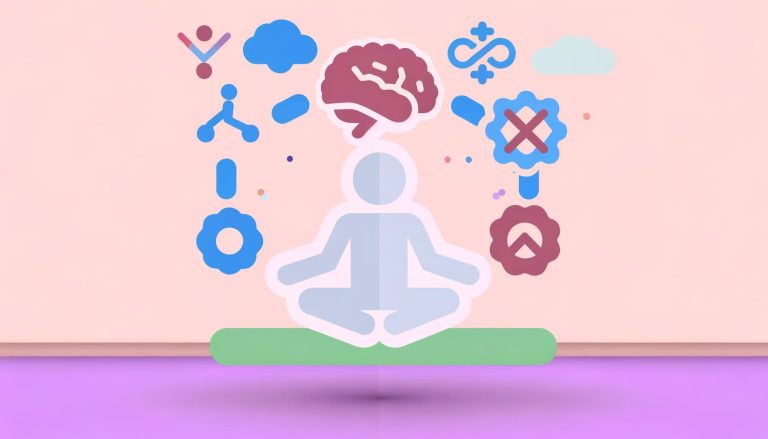In an age where mental health awareness is at an all-time high, innovative therapies are continuously being explored to enhance psychological wellness. One such remarkable method is Animal-Assisted Therapy (AAT). Rooted in the intrinsic bond between humans and animals, AAT offers numerous mental health benefits by incorporating trained animals into therapeutic interventions. Let’s explore how this heartwarming and effective approach can improve mental health and promote overall well-being.
What is Animal-Assisted Therapy?
Animal-Assisted Therapy (AAT) involves the use of animals in therapeutic settings to help individuals achieve specific physical, social, cognitive, and emotional goals. These therapeutic animals, commonly dogs, horses, and even smaller pets like rabbits, are specially trained to provide targeted support. AAT is used in various environments ranging from hospitals and nursing homes to schools and individual therapy sessions—demonstrating its versatile application in mental health care.
Benefits of Animal-Assisted Therapy
1. Reducing Anxiety and Stress
One of the most noticeable benefits of AAT is its ability to reduce anxiety and stress. Interaction with therapeutic animals can stimulate the release of oxytocin, a hormone associated with relaxation and bonding, while simultaneously lowering cortisol levels, which are linked to stress.
2. Alleviating Symptoms of Depression
Regular interactions with therapy animals can significantly alleviate depressive symptoms. The companionship and unconditional love provided by these animals foster a sense of connection and purpose, which can be particularly beneficial for individuals experiencing feelings of loneliness and isolation.
3. Enhancing Social Interaction
For individuals struggling with social anxiety or autism spectrum disorders, AAT can be a gateway to improved social interaction. Therapy animals act as social catalysts, making it easier for people to connect with others, improve communication skills, and build social networks.
4. Boosting Self-Esteem and Confidence
AAT sessions often include activities where individuals care for and train the animals, fostering a sense of achievement and responsibility. This active engagement helps boost self-esteem and confidence, contributing to overall mental well-being.
5. Providing Emotional Support
Therapeutic animals provide non-judgmental and unconditional support, which can be incredibly comforting for those dealing with emotional trauma. Their presence alone can offer solace and act as a calming influence, aiding in emotional regulation.
6. Improving Focus and Motivation
Engaging with therapy animals can improve focus and motivation, especially in children with ADHD and other attention-related disorders. The interactive nature of AAT helps enhance concentration and fosters positive behavior changes.
Practical Tips for Incorporating AAT
If you’re considering integrating animal-assisted therapy into a mental health treatment plan, here are a few practical tips:
- Seek Professional Guidance: It is essential to involve a qualified mental health professional trained in AAT to ensure the therapy is appropriately tailored to individual needs.
- Choose the Right Animal: Different animals offer varying benefits. Dogs are often used for their loyalty and ability to perform tasks, while horses are excellent for equine therapy due to their large, calming presence.
- Start Slow: Gradual introduction is key. Allow time for individuals and animals to acclimate to each other, ensuring a comfortable and productive interaction.
- Set Clear Goals: Define the specific mental health goals to be achieved through AAT, whether it is reducing anxiety, enhancing social skills, or boosting self-esteem.
- Monitor Progress: Regularly assess the effectiveness of the therapy and make adjustments as needed. Keep track of behavioral changes and improvements in well-being.
Conclusion
Animal-Assisted Therapy is a testament to the profound connection between humans and animals. By harnessing the therapeutic potential of these special relationships, AAT provides a unique and effective approach to improving mental health. Whether it is reducing stress, alleviating symptoms of depression, or enhancing social interactions, the benefits of AAT are vast and varied. As we continue to navigate the complexities of mental health care, innovative therapies like AAT offer hope, healing, and a reminder that sometimes, the best therapy doesn’t come from words but from the unconditional love and companionship of our animal friends.
Sources:


